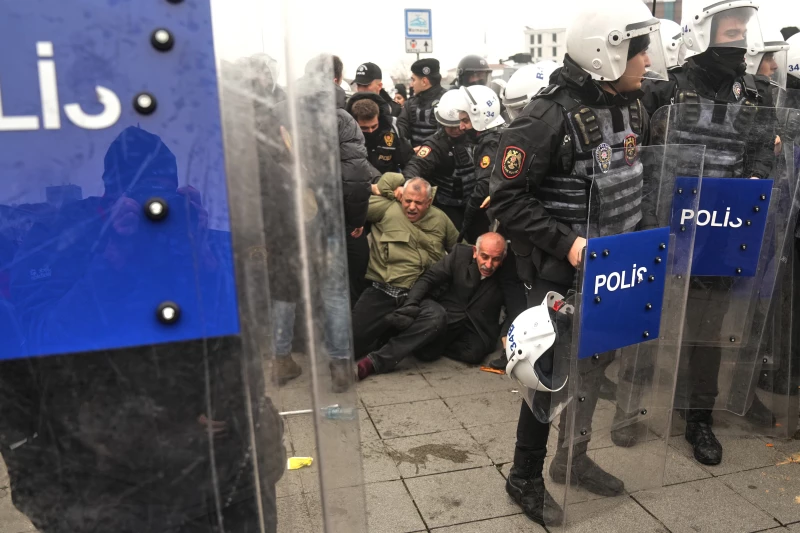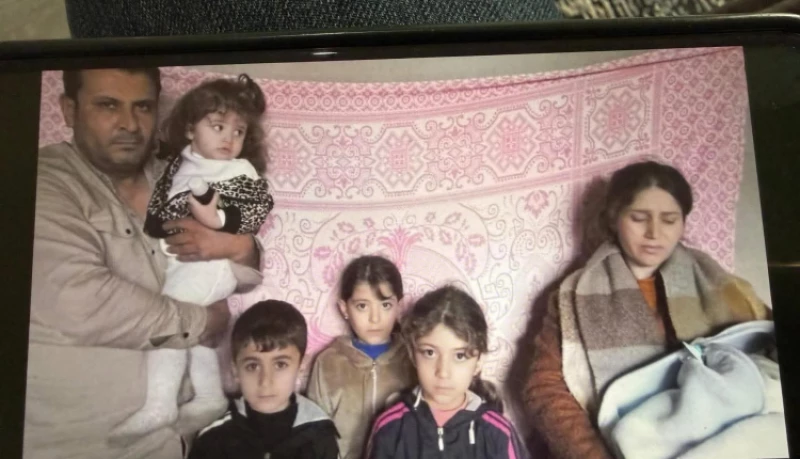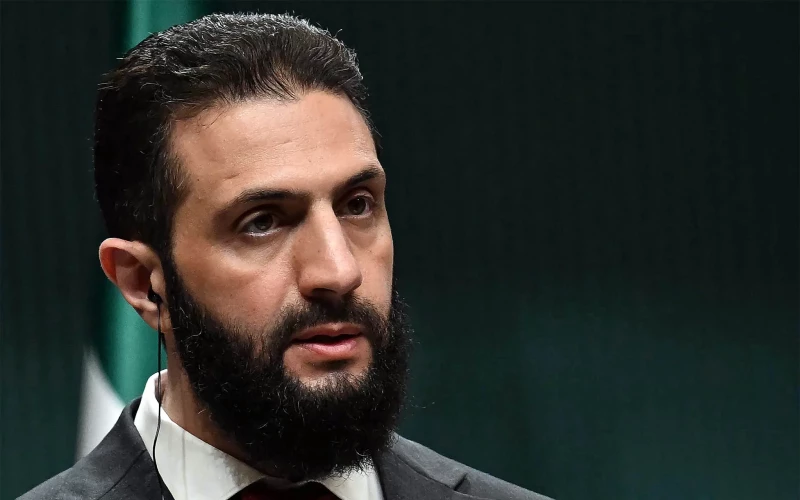ERBIL, Kurdistan Region of Iraq – Ilham Ahmed, a top Kurdish official in northeast Syria (Rojava), on Wednesday lamented the Syrian government’s centralized position excluding its Kurdish minority, and called on the active representation of women in the government.
The Syrian system of governance “is a system that’s completely centralized, a system with an authoritarian mentality,” Ahmed, co-chair of the Foreign Relations Department of the Autonomous Administration of North and East Syria (AANES), asserted at the sixth Middle East Peace and Security Conference (MEPS) in Duhok.
Within the governmental structure, different Syrian components remain “oppressed”, and their rights “violated,” the top diplomat argued, adding that “with one language, one color, it is not possible to run this [diverse] society."
Ahmed, who has been a key advocate for Kurdish inclusion in Syria’s political tapestry, asserted that the Kurdish question has “not yet been resolved” despite centuries of struggle.
“Still, the Kurdish nation is without its rights. In Syria, both their political rights and national rights have been violated, it’s been like that during the era of the Baathist regime as well,” she said, adding that “even now,” under the rule of the new Syrian government, Kurdish rights have been routinely overlooked.
The resolve to Syria’s fragmented society, according to the official is that the “mentality must change,” as there is a need for a shift in governance towards a “decentralized” and all-encompassing structure that meets the requirements of all components.
The Kurdish authority in Northeast Syria (Rojava) has, in recent times, struggled with the framework of integrating their forces and institutions into the Syrian state apparatus under a March 10 integration agreement signed by the commander of the Kurdish-led Syrian Democratic Forces (SDF) Mazloum Abdi and Syrian President Ahmed al-Sharaa.
Speaking at the same event earlier in the day, Mazloum Abdi, Commander of the Kurdish-led Syrian Democratic Forces (SDF) similarly reaffirmed a decentralized vision for Syria's future, arguing that the Syrian people's desire for decentralization was one of the main reasons why former President Bashar al-Assad fell.
Abdi further noted that if "political will" is present, the March 10 agreement will be implemented.
Syria's Kurdish component demands retaining a degree of autonomy in areas under their control and for their armed factions to join the Syrian army as a united constituent rather than individually, Damascus meahwhile, has maintained a hardline centralizing ambition, accusing the country's Kurds of harboring separatist agenda.
The SDF and Syrian state forces have been engaged in several violent clashes in recent months.
Separately, Ahmed, a founding member of Kongra Star, a confederation of women’s organizations in Rojava, highlighted the importance of women’s role in state governance.
Peace in Syria “will not last long” without women’s participation, she said, “within Syria’s governance, women’s role must be attended to.”
The official lamented Damascus’ use of “symbolic [token] women” to paint a democratic guise, “women must be present in the center of decision making,” and their role “must be respected,” she argued.
The Kurdish-led Rojava administration has long sought equal participation of both men and women in its defense and political fronts, with around half of the administration’s governing body made up women and the establishment of Women’s Defense Units (YPJ), who assumed a leading role in the fight against the Islamic State (ISIS).



 Facebook
Facebook
 LinkedIn
LinkedIn
 Telegram
Telegram
 X
X


